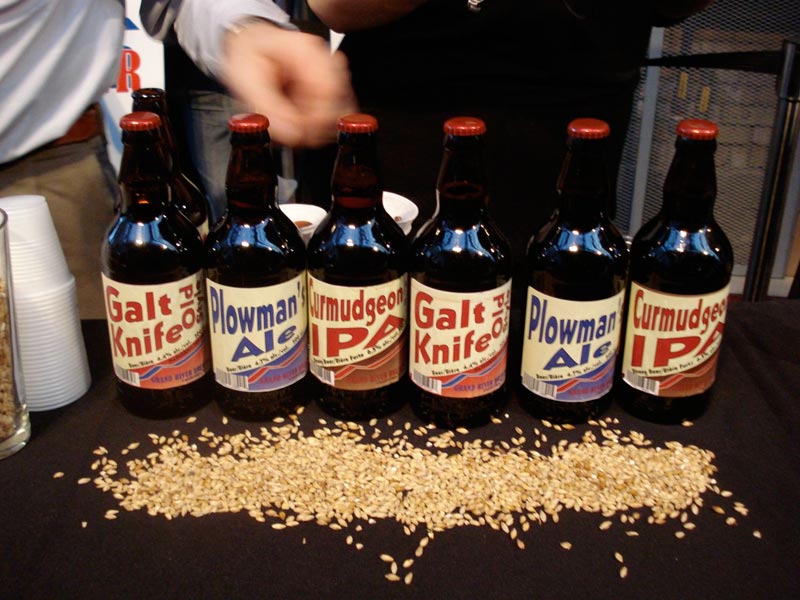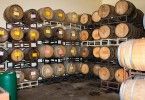What is Rural beer?
The word rural beer means that drink produced and bottled by the same person that cultivates the barley. This mean that all the productive chain is developed in the same place, where the owner runs a malt house and has the right tools to transform malt in beer, ready to be sold. It was born in Marche Region in the 90’s, as a result of the needs to use the peasants subjected to the contraction of the prices of cereals and of other intensive cultures. Quickly it became famous also in the other parts of the country.
Why is rural beer different?
Sometimes rural beer is confused with the craft one, but we are talking about, actually, of two different products. In the case of craft beer, in fact, the farmer that cultivate barley gives its harvest to another person that will transform it and then will bottle the beer, dividing the chain in two.
The rules of rural beer
The subject has been regulated through a ministerial decree, n. 212 of 2010, which stands that beer can’t be considered simply a drink, but it is as all the other rural products. This issue creates great advantages for all those farms that make beer, as for instance a more favourable taxation if they choose to be a brewery or a malt house. The taxation, in fact, in this case would be calculated according to the income that derives from the farming. As for the VAT, it is ruled by the presidential decree n. 633 of 1972, which article 34 allows the farmers to choose between an ordinary or special regime. In particular, lots of rural breweries prefer to choose, at the beginning, the ordinary regime, as it allows to get the VAT back, moving then, to the special taxation.
The same decree provides, moreover, that to be part of the so-called “connected activities” subjected to special taxation, the malt used to produce beer should derive mainly, or at least the 51% of it, from barley produced inside the company.
A growing sector
The sector of the rural beer has experienced a strong expansion in the last years, one of the sectors that haven’t been affected by the crisis. Naturally, the phenomenon has been pushed thanks to the favourable taxation dedicated to the one that decides to use the barley derived from the rotation of the cultures to produce beer instead of zoo technical purposes. Now there is also the possibility to use public financings under the system of “de minimis” that can reach even the half of the investment, with a maximum of 200 thousand of euros. Among the diverse advantages that have pushed for the opening of hundreds of breweries along the Booth, it is important to keep in mind that the barley to produce malt doesn’t require the use of fertilizers. It derives from the percentage of 10% that doesn’t have to be surpassed by the protein count, to not have further problems during the production of must.
How is rural beer produced?
Agro-beers, another word to state this type of beer, are the result of a process of transformation of the sugars of the must throughout yeast with a high fermentation power, in a live culture. The first fermentation occurs in a tank, and then there is a second fermentation where the process occurs under a controlled temperature. This process lasts usually between eleven and twelve weeks, a long time that allow the rural beer to live longer without pasteurization. The most important consequences of the second fermentation is a tastier and particular flavour than the standard one of the industrial beers.








